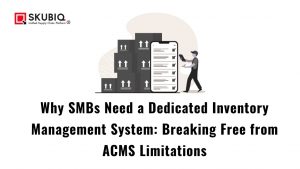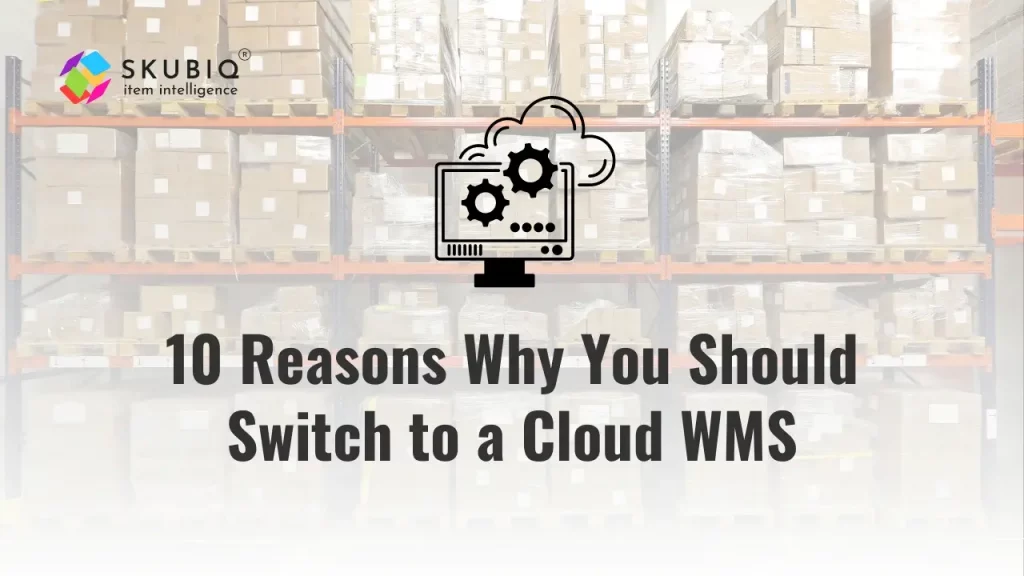1. Flexibility and Scalability
In the fast-paced world of logistics, adaptability is key. Cloud WMS provides the flexibility and scalability that traditional systems often lack. Businesses, especially third-party logistics providers, can scale their operations seamlessly based on demand without significant infrastructure investments.
2. Cost Efficiency
Cost considerations are paramount in business decisions. A Cloud WMS offers a cost-effective alternative, eliminating the need for expensive hardware and dedicated IT staff. Small and medium-sized enterprises (SMEs) can optimize operational expenses, directing resources strategically.
Eliminating Expensive Hardware Costs
One of the primary cost-saving benefits of a Cloud WMS is the elimination of expensive hardware investments. Traditional systems require businesses to invest significantly in servers, storage, and other infrastructure components. In contrast, a Cloud WMS operates on a subscription-based model, alleviating the need for substantial upfront expenditures on hardware.
Reducing IT Staffing Expenses
Maintaining and managing traditional WMS solutions often involves a dedicated IT team. This adds an additional layer of ongoing costs, including salaries, training, and other associated expenses. With a Cloud WMS, the burden of managing hardware and infrastructure is shifted to the service provider, freeing businesses from the need to maintain an extensive in-house IT staff. This reduction in staffing expenses contributes to significant long-term cost savings.
Optimizing Operational Expenses
Cloud WMS not only eliminates hardware and IT staffing costs but also allows businesses to optimize operational expenses. The subscription-based model provides a predictable cost structure, enabling better budgeting and resource allocation. This predictability is particularly beneficial for SMEs, allowing them to strategically allocate resources to other critical areas of their operations.
Scalable Pricing for Growing Businesses
As businesses grow, their operational needs evolve. Traditional WMS solutions may struggle to scale efficiently without significant additional costs. In contrast, Cloud WMS offers scalable pricing models, allowing businesses to pay for the resources they need as they grow. This flexibility ensures that costs remain aligned with the scale of operations, making it an ideal solution for businesses at various stages of growth.
3. Real-time Visibility
Real-time visibility into warehouse operations is a game-changer. Cloud WMS enables businesses to make informed decisions by tracking inventory levels, monitoring order statuses, and responding promptly to changes in demand. This is particularly crucial for effective logistics management.
4. Remote Accessibility
Modern business demands flexibility. Cloud WMS facilitates remote accessibility, allowing business owners and managers to monitor operations from different locations. This accessibility is invaluable in an era where remote work and distributed teams are prevalent.
5. Automatic Updates and Maintenance
The burden of maintaining and updating on-premise WMS solutions is eliminated with Cloud WMS. Automatic updates are deployed centrally, ensuring the system is always up-to-date with the latest features and security patches. This enhances reliability and performance.
6. Reduced Implementation Time
Traditional WMS implementation can be time-consuming. Cloud WMS significantly reduces implementation time as the infrastructure is already in place. This swift process allows businesses to start benefiting from the WMS sooner, minimizing downtime.
7. Enhanced Collaboration with 3PL Partners
For businesses in 3PL services, collaboration is key. Cloud WMS provides a centralized platform for seamless collaboration among stakeholders. Real-time visibility and effective coordination lead to improved efficiency and customer satisfaction.
8. Adaptability to Industry Changes
Adaptability to industry changes is crucial in logistics. Cloud WMS seamlessly adapts to evolving trends and regulatory requirements. It integrates with new technologies and complies with updated regulations, ensuring warehouse operations remain agile.
9. Improved Disaster Recovery
Business continuity is a priority. Cloud WMS enhances disaster recovery capabilities by storing data in secure off-site servers with robust backup and recovery mechanisms. This ensures critical warehouse data is protected and quickly recoverable.
10. Customization and Integration
Every business is unique. Cloud WMS offers high customization and integration capabilities, aligning the system with specific business processes. Whether integrating with existing ERP systems or customizing workflows, Cloud WMS is adaptable to individual needs.
Conclusion
In the ever-evolving landscape of logistics, a Cloud WMS emerges as a strategic imperative. The array of features, flexibility, scalability, and cost efficiency make it a compelling choice for businesses of all sizes. Make the switch today and experience the transformative impact on warehouse management and overall business success. Stay ahead in the competitive realm of logistics with a Cloud WMS that empowers your business to reach new heights.
Recent Blogs

Unlocking ROI: Key Metrics to Track After Implementing SKUBIQ WMS


